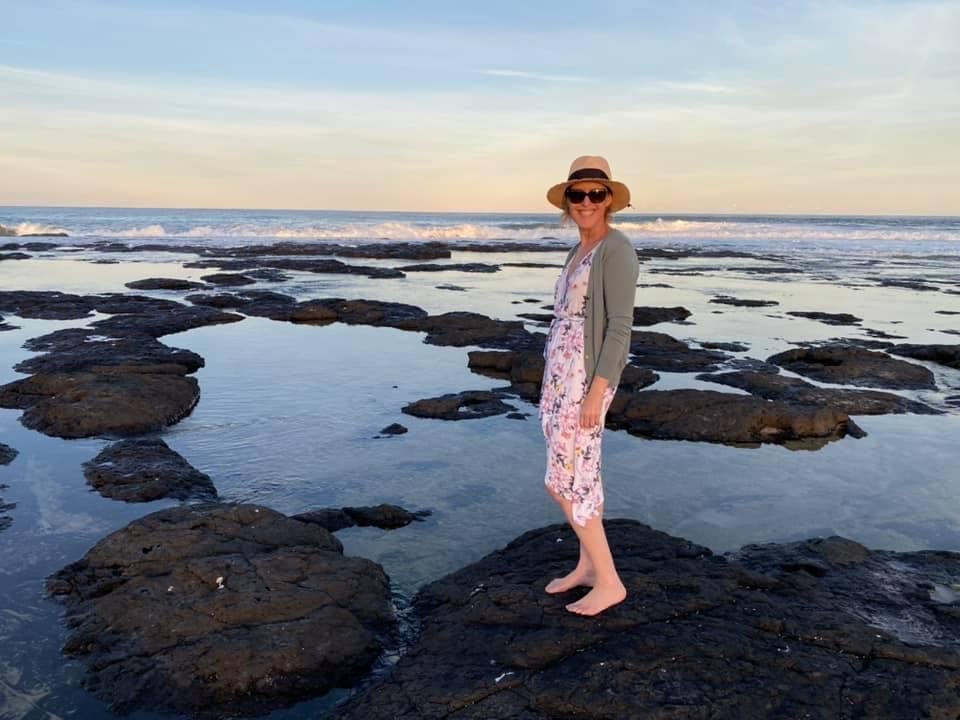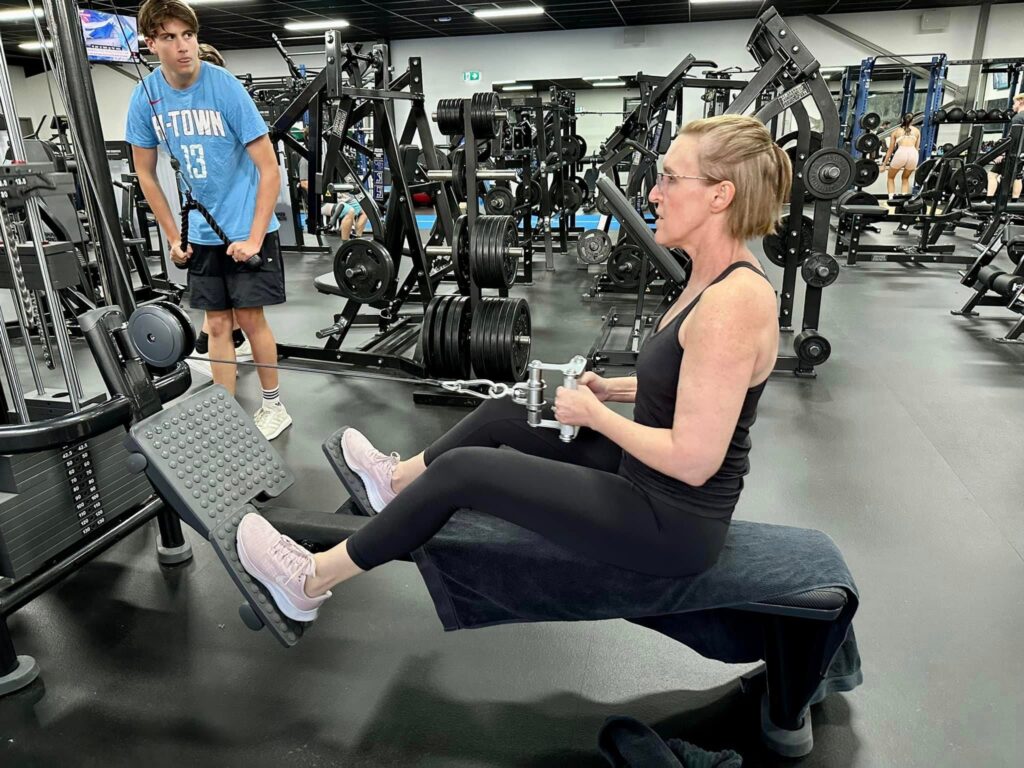Living my Best Life
By Liesel Whyte

IBD is short for inflammatory bowel disease (Crohn’s disease & ulcerative colitis). Not to be confused with IBS (irritable bowel syndrome), which whilst painful and debilitating in its own right is an entirely different thing.
IBD is a chronic, debilitating disease. It affects many areas of a person’s life, over the whole course of their life, and the cause is still not entirely clear (although it is thought that there is an interplay between environmental factors and a person’s immune system).
Severity ranges widely – some patients have fairly mild disease, but others have severe disease that necessitates surgery and/or heavy duty immunosuppressive medication (with all its side effects). IBD can also lead to life-threatening health complications.
Symptoms and signs of IBD include (but are not limited to): abdominal pain, diarrhoea (often bloody), fatigue, joint pain & swelling, weight loss, liver dysfunction, skin disease, involvement of the genital and urinary tract, depression and anxiety .. the list is endless. IBD can literally affect ANY part of the body (even eyes).
IBD can’t be ‘cured’ but symptoms can be managed with medication, careful attention to diet (different people have different triggers), and lifestyle modification.
Side effects of medication can be problematic: osteoporosis, weight gain, & insomnia from steroid therapy (not to mention the effect of steroids on mental health!); liver dysfunction, bone marrow suppression, nausea, hair loss, to name a few.
Long term immunosuppression has drawbacks. Whilst it may manage the disease, it can also lead to: skin cancers, increased risk of severe infection from everyday viruses and bacteria (eg meningitis, pneumonia), sepsis & other nasty stuff.
IBD is a very unpleasant disease. It’s sufferers often stay quiet about their symptoms, and how it affects their lives, out of embarrassment and concern that it may affect their relationships and careers. It can even be considered a ‘hidden’ disease, invisible to others.

My own experience with IBD (Crohn’s disease) has been long and sometimes very difficult and painful since my diagnosis at the age of 25 (after 3 years of progressively worsening symptoms). It has changed the course of my life at times, and has affected my personal and professional life.
I have had many issues over the years, relating both to the disease itself and also to the side effects of the immunosuppressive drugs I need to control my disease.
I have had multiple surgeries, and my body is permanently altered, which has affected my diet because of adhesions (scar tissue) in my abdomen; hospital admissions x 2 for viral meningitis; several nasty skin cancers (BCC’s) including one on my scalp that needed a skin flap and 22 staples to remove it; sepsis that very nearly killed me when my baby was 4 months old, and put me in ICU; tongue cancer this year, requiring 2 surgeries and neck dissection (horrible); osteopaenia (bone loss); depression & anxiety; thin skin, thin hair, easy bruising; anaemia requiring blood transfusion…
The list seems endless sometimes. I also had surgery to create a permanent ileostomy when I was 27. It saved my life, and I am so grateful for that! I have lived, and am living, a very full and active life as an ostomate. My ileostomy has never held me back. In fact it has enabled to live my life well! I have travelled widely around the world, rock climbed, lifted weights, kayaked, practiced Pilates, swum (in a bikini!), had another baby, gone to medical school and so many other things.
And now another complication: just this week a new diagnosis of lung infection with a bacteria that is everywhere in our environment, impossible to avoid, but has taken up residence in the middle lobe of my right lung (causing a chronic cough these past 9 months) and by all accounts may be difficult and time consuming to dislodge (NTM – non tuberculous mycobacteria).

Immunosuppression sucks, but Crohn’s sucks more, so I keep taking the drugs .
My Crohn’s and it’s treatment has impacted every area of my life, without doubt. It has changed the course of my life. It will continue to do so for the rest of my life.
But it has also taught me a lot about inner strength, resilience, empathy (for myself and others). It has made me mindful of looking for the beauty in every single day, even when things seem bleak. It has made me strive to experience as much as I can in this amazing world. It has made me deeply appreciative of the good times. It has made me wiser. And I like to think it has made me a better doctor, one who understands suffering on a deeply personal level.
So on this World IBD Day, I thank all the wonderful people who have helped me along my journey and continue to support me. The friends and family, my beautiful husband, the doctors and angel nurses who have cared for me (and still do) and the scientists who have made the quality of my life so much better with the ever evolving treatments they have developed.
I live in hope that a cause, and therefore a cure, will be discovered in my lifetime, so that others in the future will be spared the horrors of IBD.
In the meantime, I will continue to lead my ‘best life’!